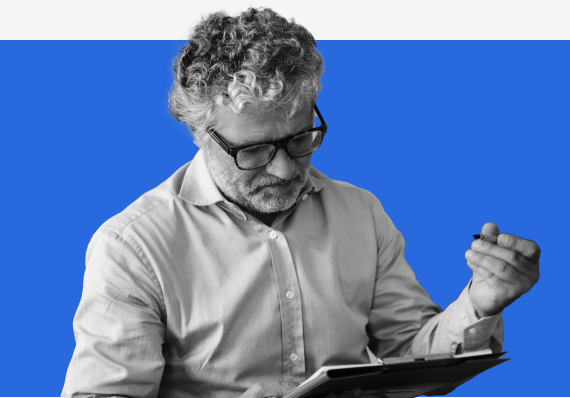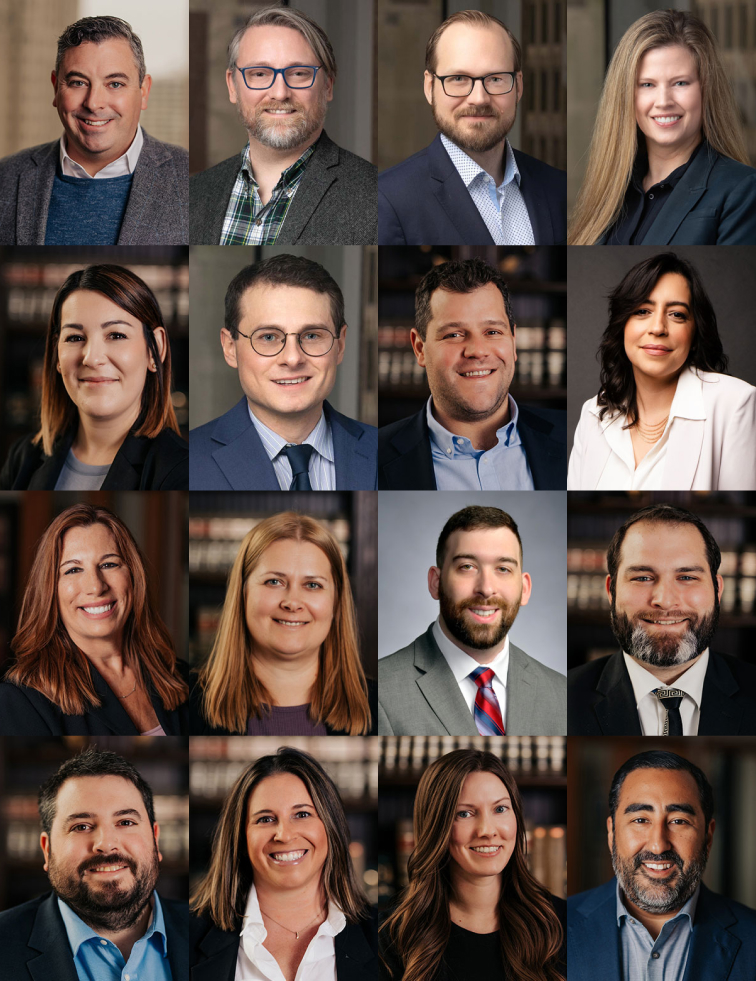110000+
Chapter 13 cases
Assets
retain your assets and reorganize your debt
24/7
Availability & Client Support
Chapter 13
stops creditors actions

Chapter 13 cases
retain your assets and reorganize your debt
Availability & Client Support
stops creditors actions
Chapter 13 bankruptcy allows you to create a repayment plan based on your income and expenses, making it more manageable than trying to pay off debts all at once.
Chapter 13 can help you catch up on missed mortgage or car payments while keeping your assets.
Filing for Chapter 13 bankruptcy initiates an automatic stay, which halts most collection activities by creditors, including foreclosure, repossession, and wage garnishment. It can help you get immediate relief and the breathing room you need to reorganize your finances without the constant pressure of creditors.
To find out if Chapter 13 bankruptcy is right for you, contact Debstoppers today for a free consultation.


We Prepare All Filing Documents For You

We Collect Your Tax Returns And Credit Reports For You

We Deal With Your Creditors

We Provide Independent Credit Counseling Right In Our Office

We consistently advocate for your best interests, ensuring thorough representation.
We provide tailored strategies, always considering your specific circumstances.
To us, our clients are paramount. We offer understanding and dependable support throughout.
Clear and honest communication is a cornerstone of our practice. You're always informed.
Your concerns are our concerns. We aim to navigate the legal process smoothly for you.

Chapter 13 bankruptcy is a legal process that allows people and small businesses to create a repayment plan to repay all or part of their debts over a period of three to five years.
Yes! Once a Chapter 13 bankruptcy petition is filed with the court, an automatic stay goes into effect, which prohibits creditors from taking any further collection actions against you.
Chapter 13 allows you to create a repayment plan with the court. The repayment plan outlines how you will repay your debt. It typically includes payments to priority creditors and may include payments to unsecured creditors such as credit card debt.
The repayment plan typically lasts between three to five years. The court will take into account your income and the amount of debt you have when determining the duration of the repayment plan.
After you successfully complete the repayment plan – any remaining eligible debts are discharged. This means you are no longer legally obligated to repay them.
Unlike Chapter 7 bankruptcy, which usually requires liquidating your assets, Chapter 13 allows you to keep your property.
Chapter 13 bankruptcy can be a good fit for people with regular income struggling to meet their financial obligations but want to avoid liquidation and retain their assets. It provides a structured framework for debt repayment while offering protection from creditors and the opportunity for a fresh financial start once the repayment plan is completed.